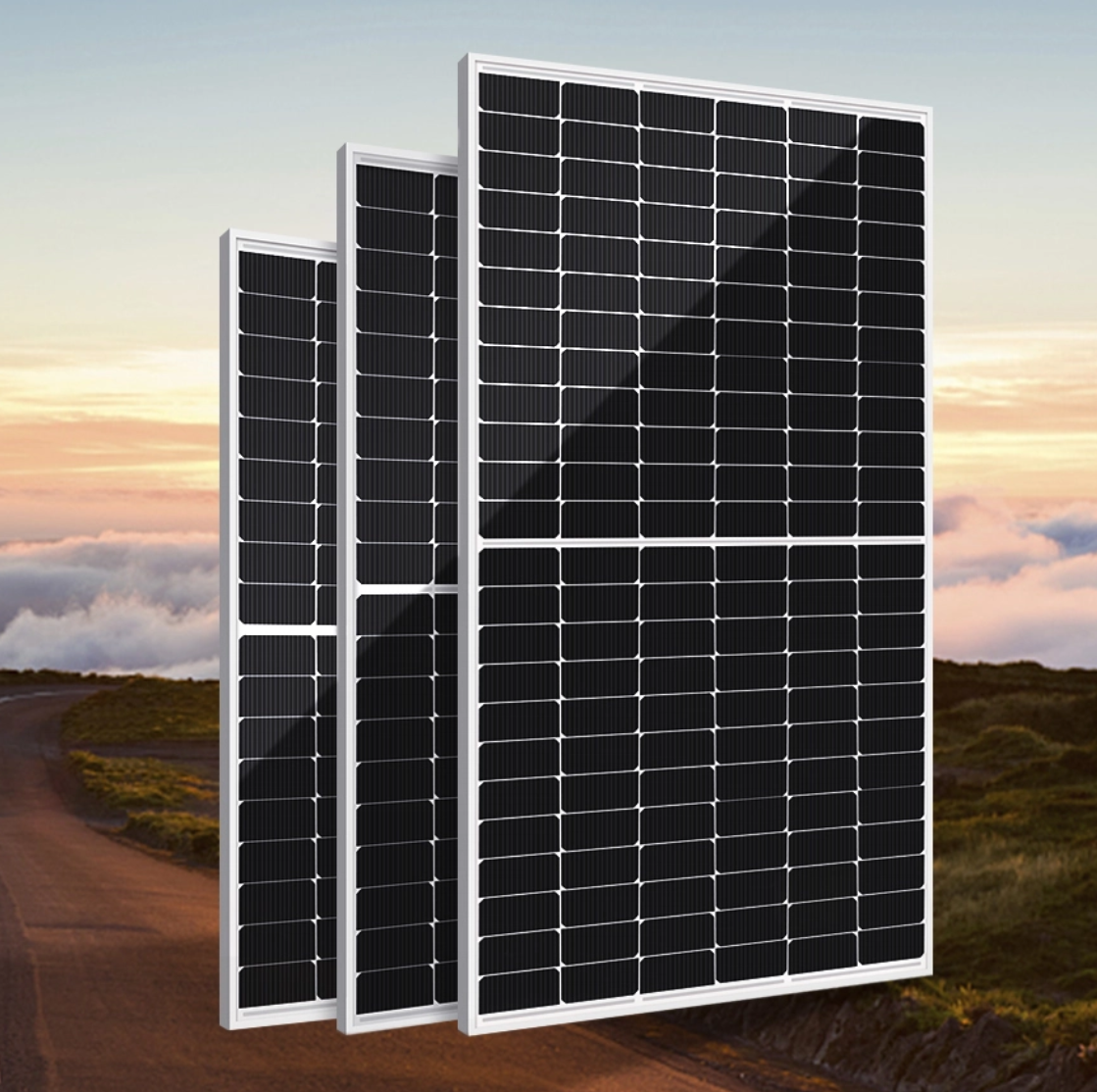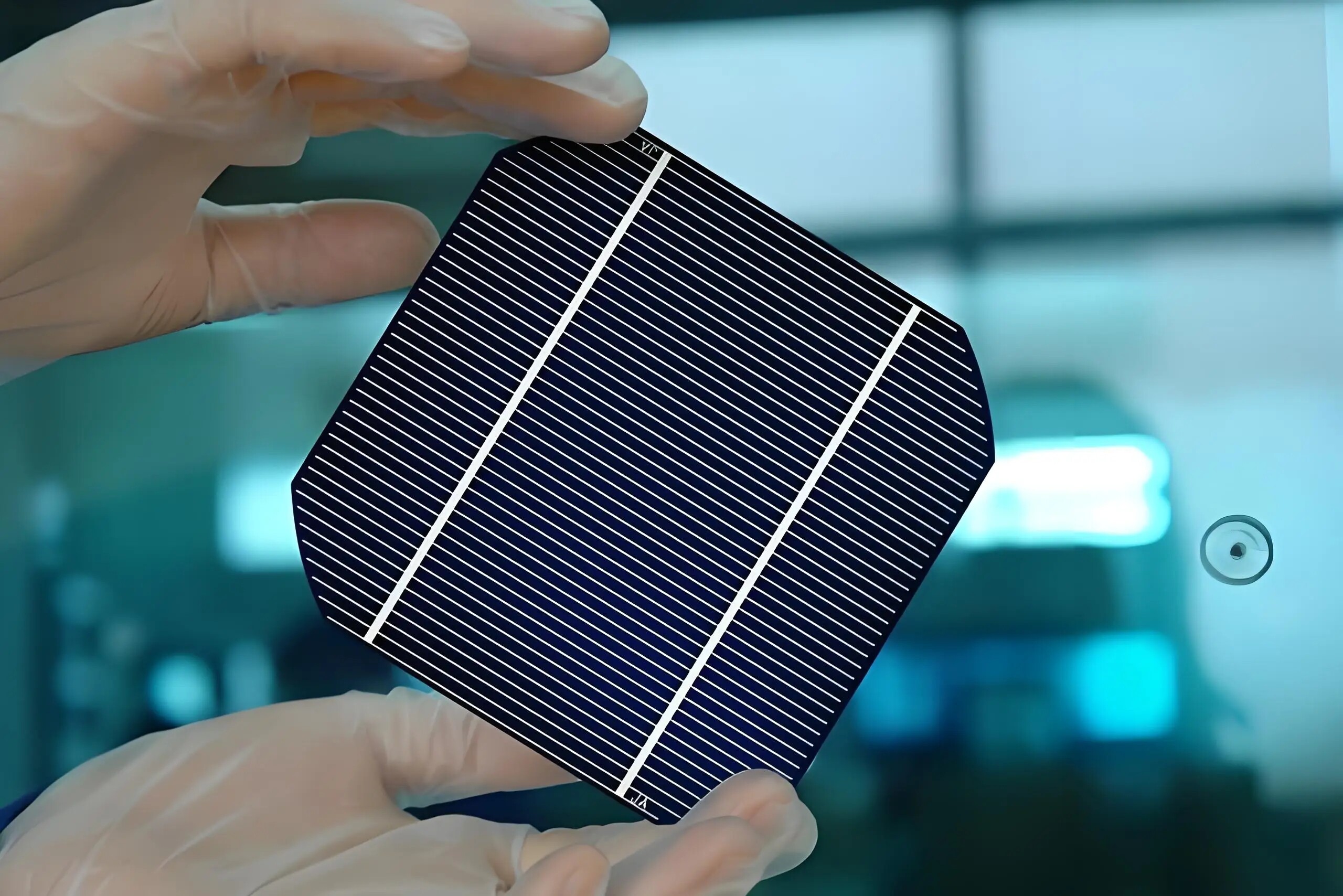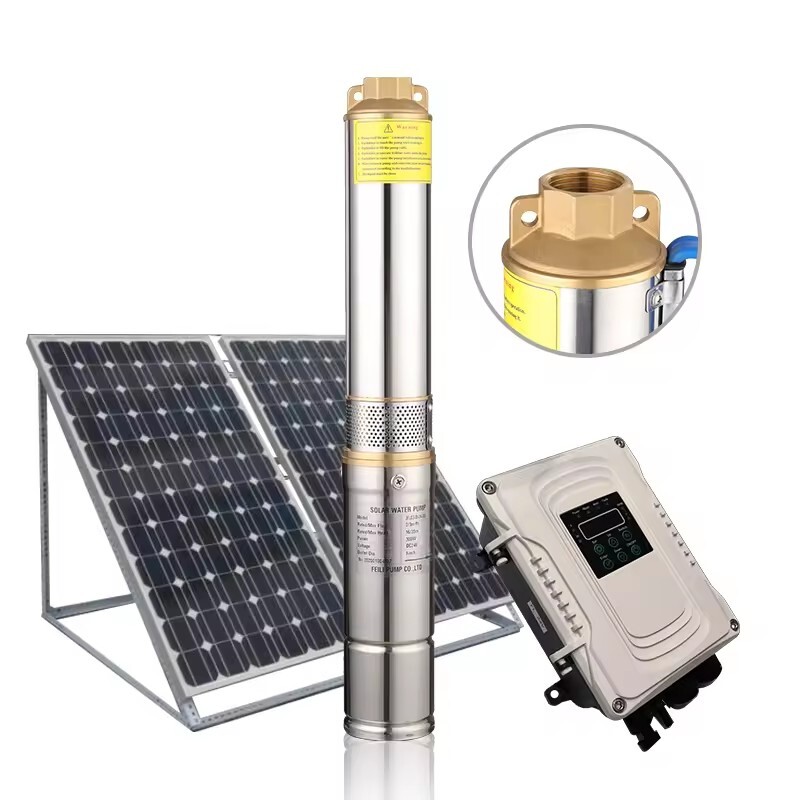* Price upon request
PRODUCT DESCRIPTION
Monocrystalline PV Modules
Monocrystalline PV(Photovoltaic) modules or solar module , often referred to as mono-Si or single-crystal silicon modules, are a type of solar panel that uses photovoltaic cells cut from a single crystal of silicon. These panels are recognized for their high efficiency and uniform, dark appearance.
Module Size
The new generation of rectangular Cell sizes include the large module size of 2382±2*1134mm(600W-630W); among the medium and large module sizes, the M10 series 72-cell module size of 2278*1134mm(575W-595W) , the M10 series 78-cell module size of 2465*1134mm(620W-640W), and the G12 series 66-cell module size of 2384*1303mm (700W-720W).
Size of 2382*1134 will become standard size for agreement.Please check the details.
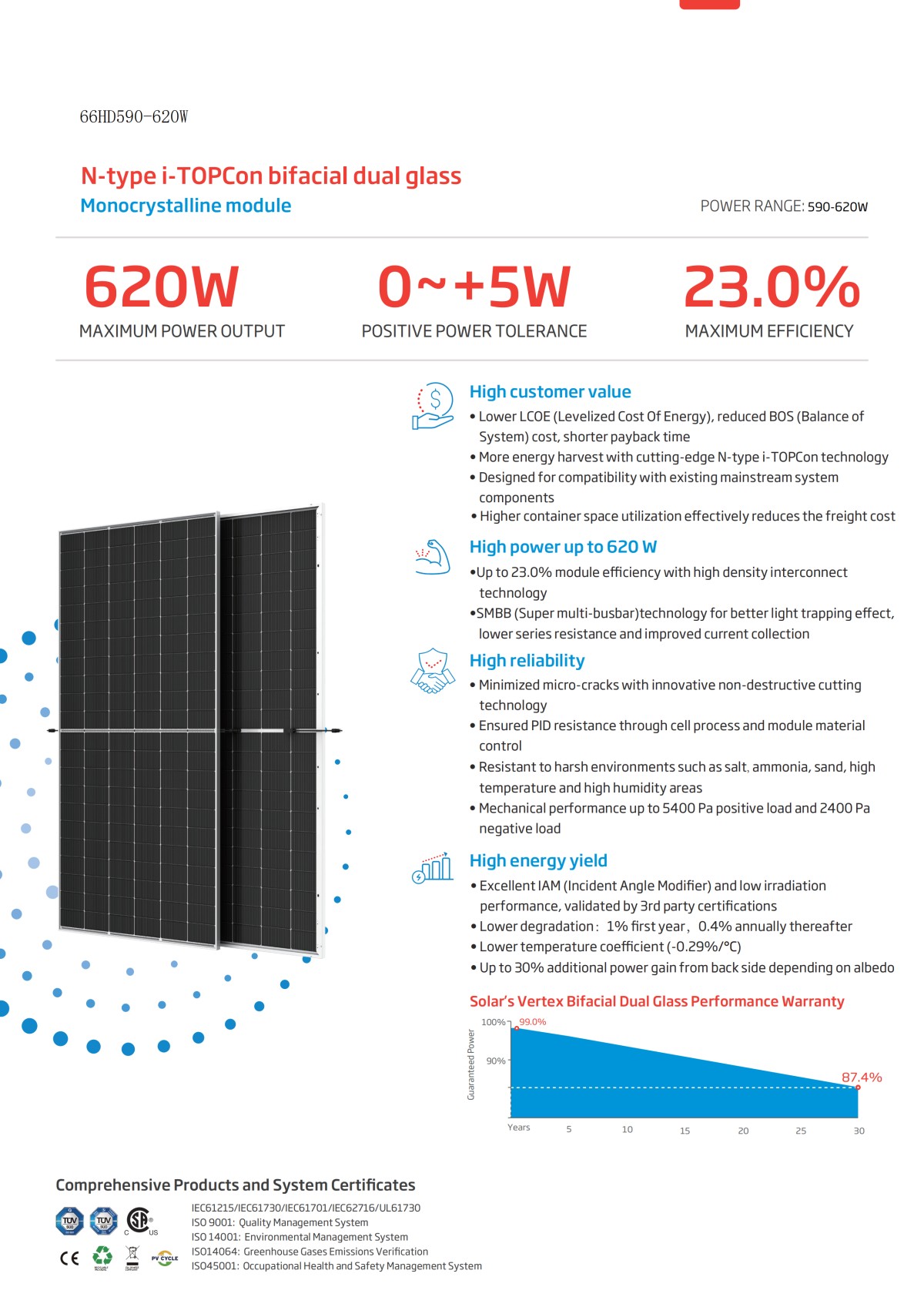
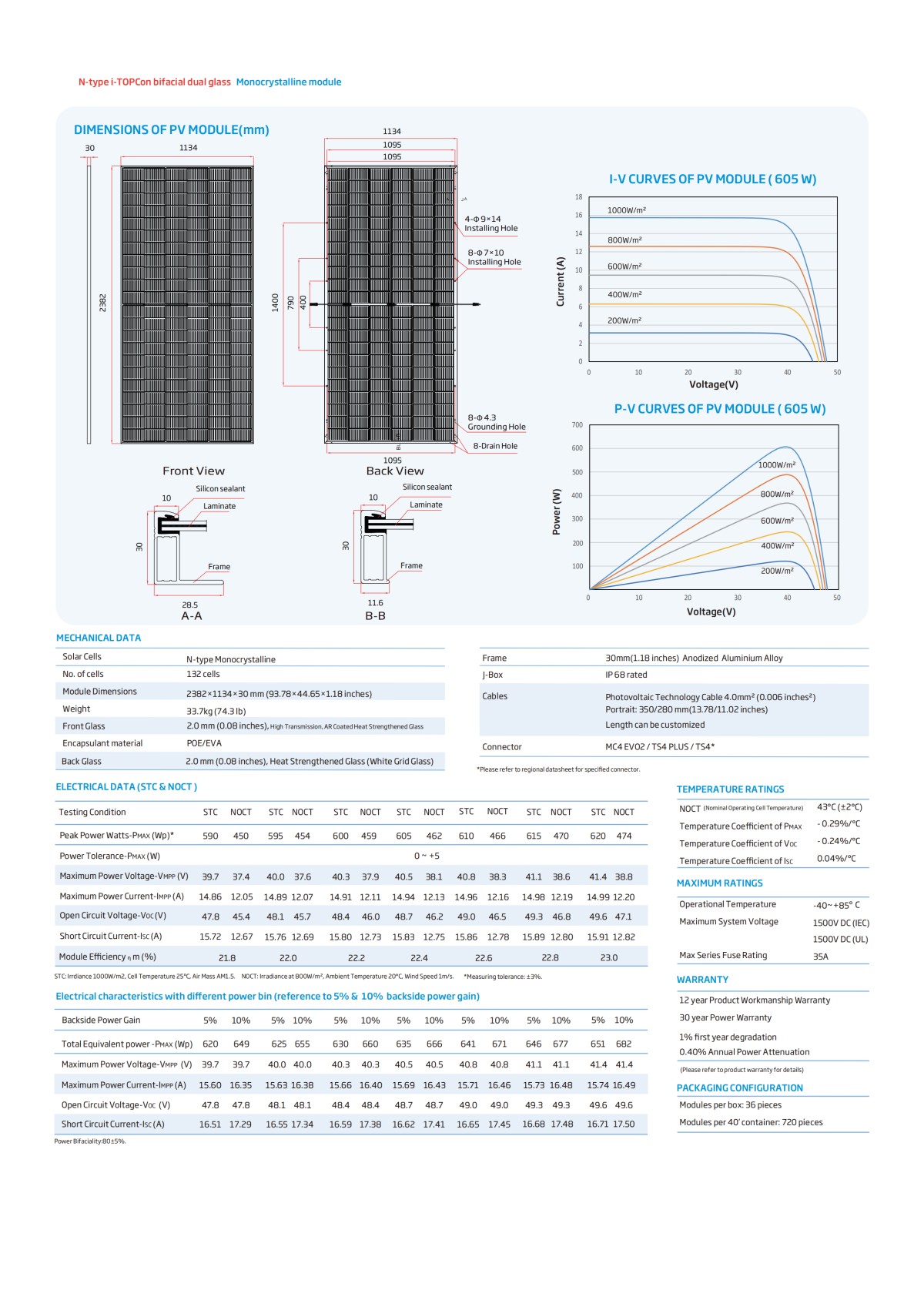
Applications:
Monocrystalline solar modules are used in a wide variety of applications, from residential rooftop systems to large-scale commercial and utility-scale power plants. They can also be integrated into buildings as part of a building-integrated photovoltaics (BIPV) approach.
Advantages:
High efficiency and power output.
Long service life.
Better performance in low-light conditions.
Space-saving design.
Future Innovations:
Ongoing research aims to improve the efficiency, flexibility, and cost-effectiveness of solar modules. This includes advancements in materials science, such as perovskite solar cells, and the development of multi-junction cells that can capture a broader spectrum of light.
For more detailed information,please feel free to ask questions.
RELATED SUGGESTION
SEND US YOUR INQUIRY
SEND US YOUR INQUIRY


